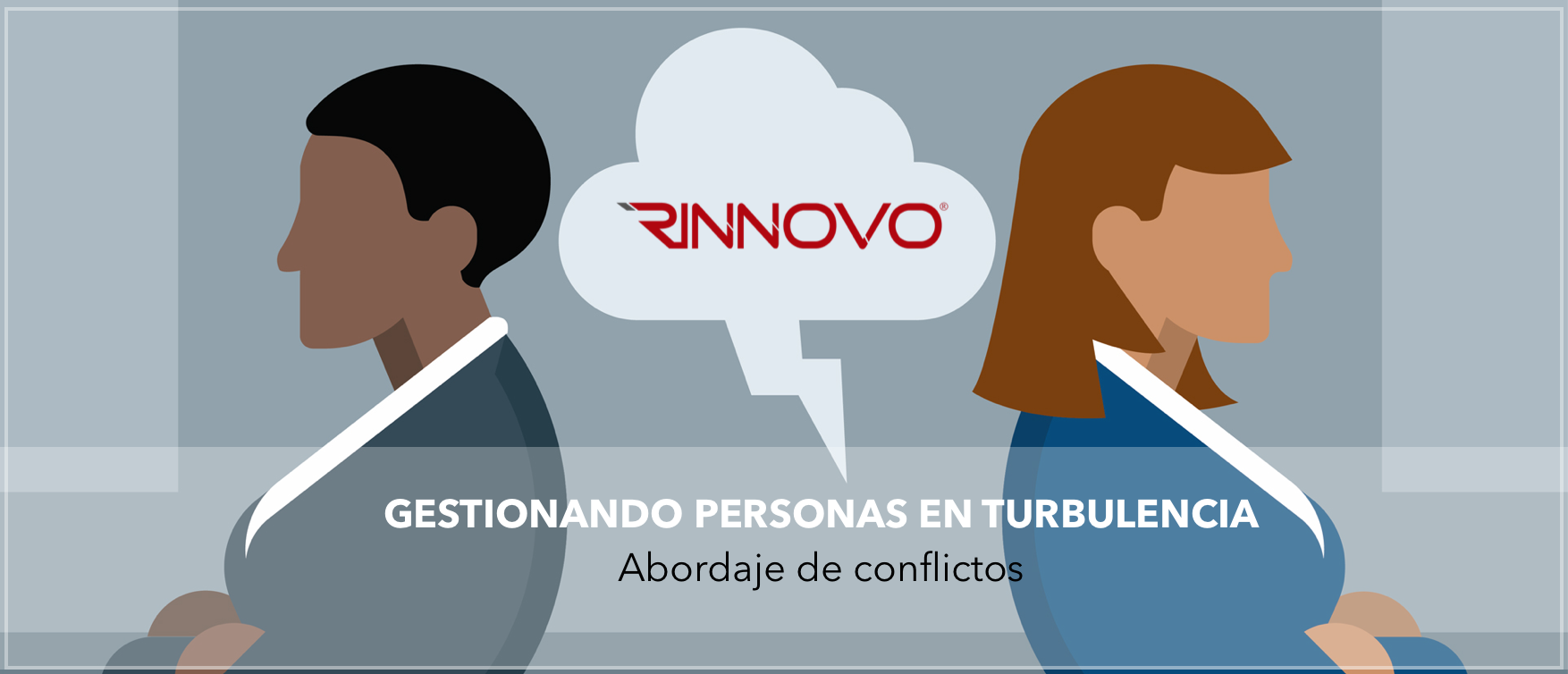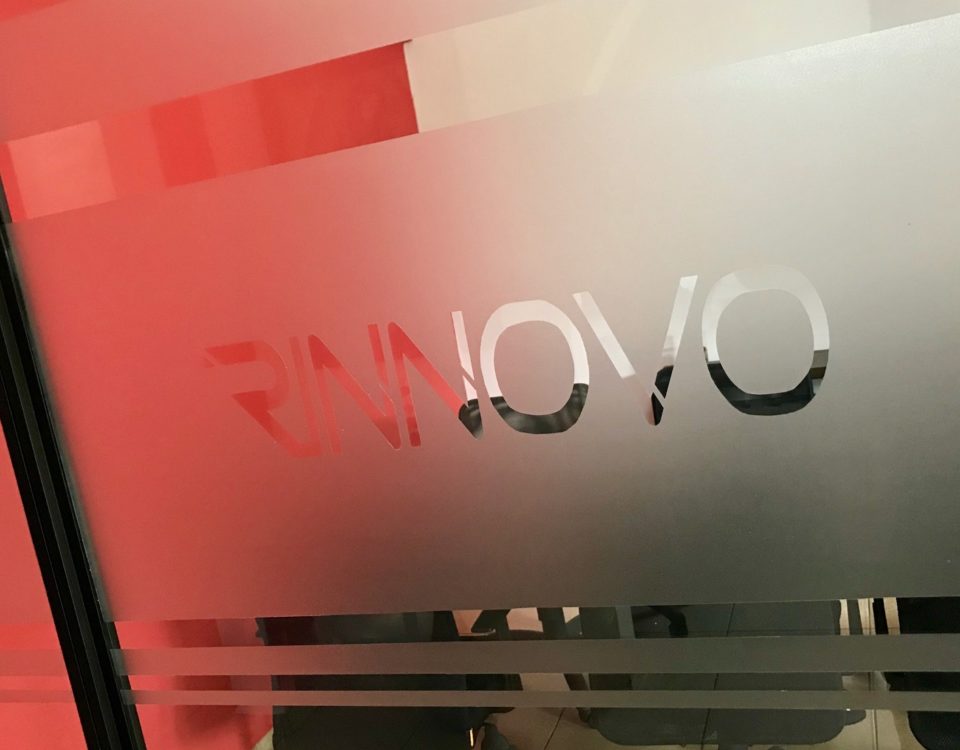Boosting our interpersonal relationship skills
Effective communication
Did you know that the greater the ability to communicate, your managerial skills grow exponentially ?, although today it seems a task forgotten by many, throwing away efforts of work teams.
There is something obvious that I want to mention as soon as possible: The link that is established with others, is sustained and externalized, through communication.
Friends, thank you for continuing with our series of articles on coaching/leadership, If you missed the previous post, I invite you to take 10 minutes to read it Motivation and organizational behavior.
THANKS TO EVERYONE! for being aware of this series of articles.
I would like to define with you the concept of communication:

It is a process of information exchange and reciprocal influence that happens between two or more people or between two or more groups in a given context or situation
COMMUNICATION
A key concept in communication is theperception, since through this psychic act, meaning, interpretation and evaluation are attributed to the experience; and in turn integrates objective factors (common to all individuals) and subjective (inherent to each person: personality, needs, motivations, etc).
EFFECTIVE COMMUNICATION
A communication is effective when the sender manages to put the desired message in the receiver's mind; and in addition, when the desired action of the receiver is achieved as a result of the communicated message, without damaging the relationship between the sender and the receiver. According to the above: Is there good communication in your workplace?
I quote the polymath Aristotle:

Emotional Intelligence
It is proven that people with the appropriate character achieve better results; and this is supported by a study by Hardvard where it states that better benefits are obtained in their professional-family environment, and mentions that the required qualities are: Enthusiasm, touch, self-confidence, memory, energy, correction, cooperative spirit, loyalty, Sincerity, originality, sympathy, social interest and good humor..
So emotional intelligence allows us to recognize our own feelings and those of others, to motivate and manage emotions well, in ourselves and in our relationships
Friends, I am sure that it is sometimes difficult, becoming impossible to handle emotions; but from my own experience I tell you: Emotional intelligence will always bring you the best results in all areas., take the test and you will see the results; The experience you get from situations that require emotion management will help you to act with integrity and based on reason.
The development of skills to "be emotionally intelligent" implies 3 inherent dimensions: Recognition of emotions, regulation of emotions and use of emotions. The better we apply these dimensions, the better the results in our environment.
Types of communication in current organizations
In my 12 years as a professional, I have been able to verify that there are two types of communications at the business level: external or corporate communication and internal communication.
I will focus initially on internal communication, since this is where many of us develop in our day-to-day lives, and I quote: "It is the model of messages shared between the members of the organization; it is the human interaction that occurs within organizations and among the members thereof." -Dave Kreps
Internal communication pursues the following objectives:
- Tell your internal audiences what the organization does (business objectives).
- Achieve a climate of involvement and integration of people in their respective companies.
- Increase motivation and productivity.
Internal communication can be generated through different types of media or channels:
| Falling | cross | Upward | |
| FORMAL | With the subordinates | With colleagues | With the bosses |
| INFORMAL | With the followers | With friends | With the leaders |
As you can see, the channels and types of communication can work in favor against organizations. If formal communication (via official means, mail, etc.) with superiors it is too bureaucratic, it can cause delays in operational processes; while if informal communication (spontaneous and motivated by individuals) is not aligned with the objectives of the organization; This can damage the organizational climate and eventually kill a company if no action is taken.
Communication is vital at all levels, its effectiveness enhances the functional process of organizations today, but please keep in mind that your emotional intelligence is a tool in the process to achieve your goals.
Written by MC



